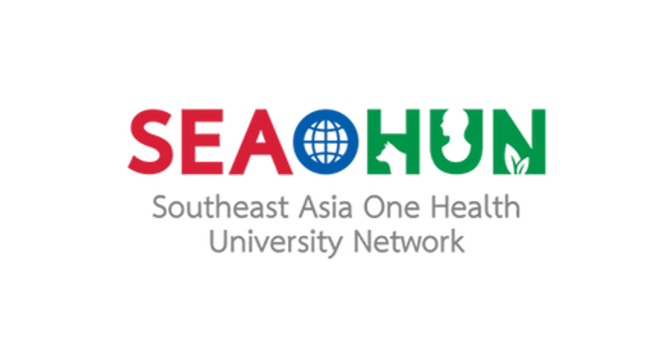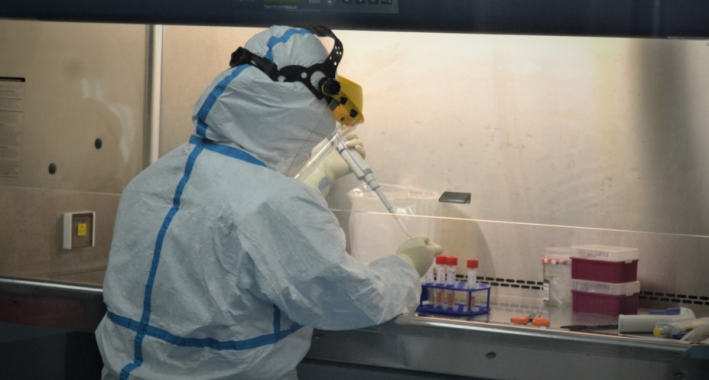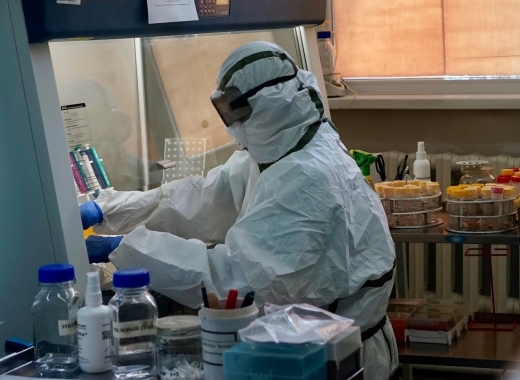The COVID-19 pandemic put extraordinary pressure on Kazakhstan’s health system. As of November 2023, 1,502,857 confirmed cases of COVID-19 and 19,072 deaths were reported.
From February 2020—March 2023, LHSS supported Kazakhstan’s COVID-19 response, coordinating closely with the Government of Kazakhstan, USAID, World Health Organization, and U.S. Centers for Disease Control and Prevention to ensure that the interventions aligned with the national pandemic response, while contributing to overall health system strengthening and resilience. LHSS focused exclusively on supporting targeted emergency procurements to advance laboratory detection and analytic capabilities for COVID-19 and other priority pathogens. The project worked with local partners to prioritize investments in equipment and technical assistance that addressed immediate COVID-19 detection needs while also helping laboratories build the capacity to detect a broader range of pathogens as part of pandemic preparedness.
In 2023, the MOH requested additional assistance to advance global health security and One Health dialogue, planning, and coordination within the country’s health system and emergency response structures.
Approach
LHSS is working closely with government stakeholders and local partners to:
- Strengthen the national laboratory system to meet national and international quality biosafety and biosecurity standards; complete targeted facility and equipment upgrades necessary for the safety and security of laboratory operations and personnel.
- Strengthen the capacity of a ‘One Health’ workforce skilled in epidemiology and epizootiology and positioned to implement multisectoral and whole-of-government pandemic preparedness, prevention, detection, and response and coordination efforts.
Progress Highlights and Achievements
- At the outset of the pandemic in Kazakhstan, LHSS focused on securing CDC-approved oro- and naso-pharyngeal swab kits and specimen transport tubes to support the immediate scale-up of SARS-nCOV-2 specimen collection. Using the CDC Emergency Use Authorization (EUA) guidance as a quality benchmark, LHSS procured and delivered 13,000 swab/viral medium transport kits to the MOH by early June 2020.
- LHSS supported USAID and the Ministry of Health in procuring 25,000 individual QIAGEN Viral Mini Kits for SARS-nCOV-2 detection. Working closely with USAID, our team emphasized the procurement of both RT-PCR platforms (QIAGEN and GeneXpert) to help increase diagnostic capacity, as well as sufficient consumable materials to support the rapid increase in demand for RT-PCR processing. This included the procurement of PCR filter tips, volume dispensers, pipettes, and other PCR materials that became competitive and understocked on the international market. Other laboratory support included the purchase of ELISA analyzers, autoclaves, bactericidal air recirculators, laboratory freezers for reagent storage, microcentrifuges, and other equipment that would serve the laboratories long-term.
- LHSS supported USAID and the Ministry of Health in procuring a tranche of oxygen therapy materials for North Kazakhstan Oblast. This included oxygen masks and tubing for adults and children, nasal cannula, ambu-bags, and other noninvasive supports for oxygen therapy.
- LHSS supported a local supplier, VizaMed, to complete installation and training on the Round 5.2 BioAnalyzer Tapestation. This investment in genomic sequencing reagents and equipment helped bolster the Almaty Center’s current COVID-19 response, while positioning the Center’s ability to detect future infectious diseases and carry out its research functions.
- LHSS worked with the USAID Mission in Kazakhstan, and CDC to finalize the Round 4.2 Illumina MiSeq contract and installation. This instrument supports the nation’s efforts to utilize genomic sequencing as part of COVID-19 variant monitoring and ongoing microbiological research efforts being coordinated by Government of Kazakhstan, CDC, and USAID.




